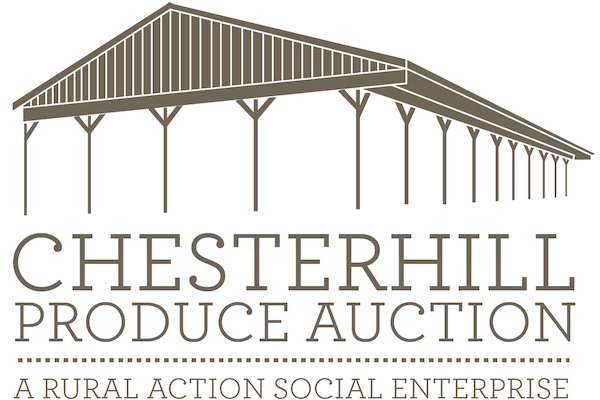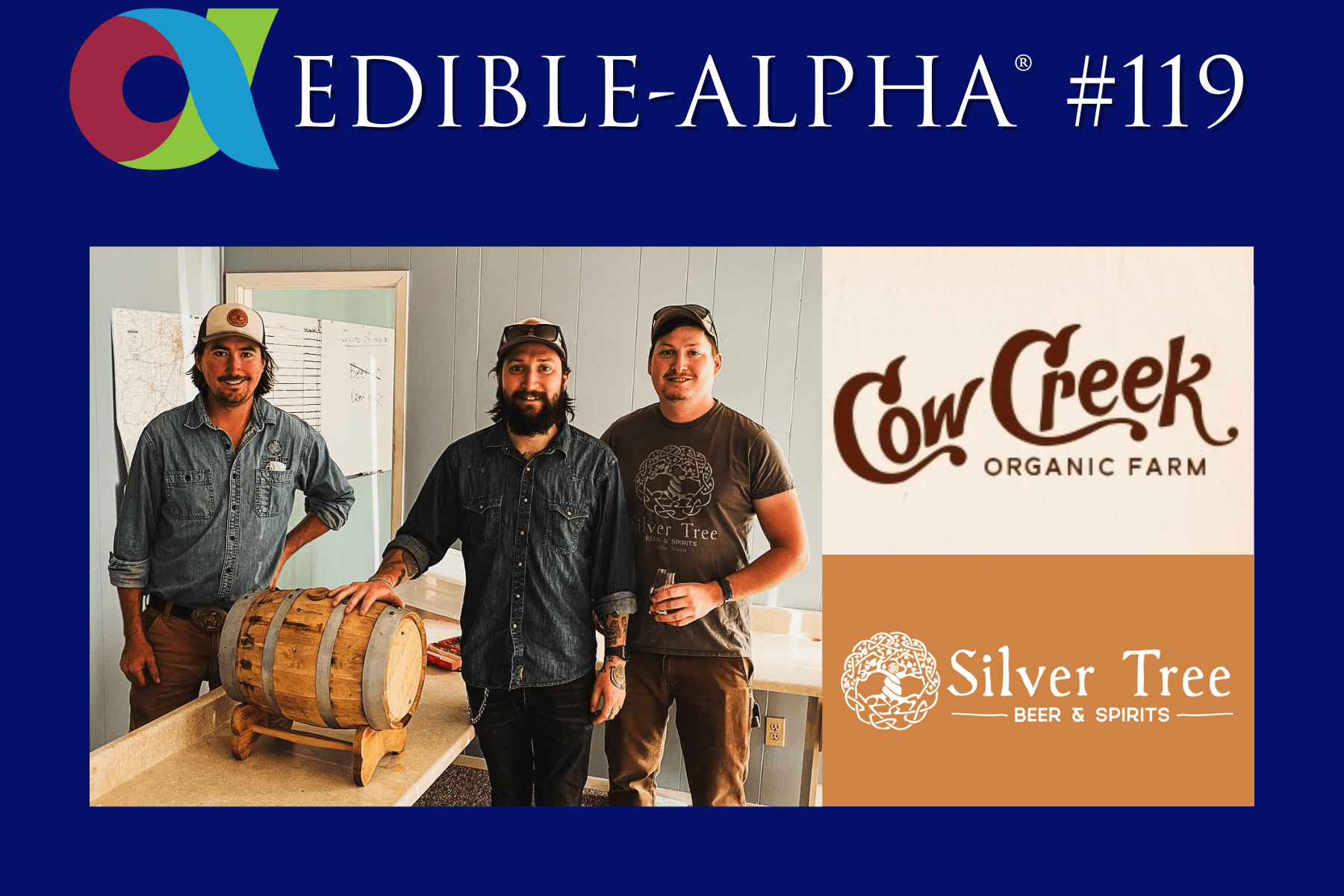Subscribe: Apple Podcasts | Spotify | Amazon Music | iHeartRadio | RSS | More
In Edible-Alpha® podcast #48, Tera interviews Joe Barbaree, the Sustainable Agriculture & Forestry Program Manager at Rural Action and Brian Vadakin, the Social Enterprise Coordinator, also at Rural Action. Rural Action is a membership-based nonprofit working in the southeast and central eastern counties of Appalachian Ohio since 1991.
The Chesterhill Produce Auction is a Social Enterprise of Rural Action located just outside the Village of Chesterhill that serves thousands of customers from throughout Appalachian Ohio as well as customers in West Virginia and other parts of Ohio. Local community leaders, including Rural Action, were looking for ways to provide economic opportunities to the area while capitalizing on its farming heritage.
The idea for the auction came from residents Jean and Marvin Konkle who derived inspiration from a successful produce auction owned and managed by a Mennonite community. They thought that an auction could be successful in providing markets for local farmers to increase their sales and income in the Chesterhill area. The Konkles bought the first parcels of land and infrastructure to begin the auction, with Rural Action later purchasing the property and the auction now becoming one of the centerpieces of their sustainable agriculture program.
The initial and ongoing work of Rural Action in supporting the auction focuses on getting smaller landowners in the area to the scale to where they can sell and get attention for their products, with the auction now serving as a catalyst for sales and attention in the area. The auction is even starting a farm incubator on its property to allow beginning farmers to develop their business with a sales outlet like the auction in close. The produce auction is interrelated but separate from other programs at Rural Action, which creates discussion around if the auction should be a separate entity and what form that entity should take, including its ownership structure.
Their first Saturday auction for specialty items (held monthly) usually starts in March and between April-October they will start their twice-weekly produce auctions on Mondays and Thursdays from a wide variety of producers, both established and beginning. The auction space is a 3-sided tin building and on the side of the building they have a food cart with prepared foods as well as a general store with retail items. To draw in more sellers and buyers, they have a livestock and hay barn for their specialty auction. In addition, to have additional points of distribution and to support healthy food access, Rural Action also has a Country Fresh Stops program which works with business owners in rural communities to source fresh produce and offer that produce on a consistent basis at those business’ stores.
Both their produce and specialty auctions are absolute auctions, meaning the seller agrees to sell the property, regardless of the price. While risky, this model is what their sellers prefer for produce, since they only have a minimal time commitment to deliver the product while still making some sales. And, the auction’s seasonal averages show that prices hold strong despite this structure, even in comparison to farmers’ market prices.
The auction operates mostly as a retail, place-based destination for families and individuals to buy small lots of produce. Joe and Brian do have plans to engage more resellers and institutions to grow the B2B aspect of the auction now that they will have a dedicated operations manager thanks to a new grant.
Last year the auction grossed over $300,000, with the auction taking a 16% commission for all vegetables sold. Current sales levels cover non-labor operating costs but the plan is to grow sales to the point where the commission can cover an operations person full-time and reach breakeven without relying on grants. Any new products or lines of business require the buy-in of their producers to make it successful at the auction. The auction has invested more in sales and marketing than other produce auctions but likely less than food hubs. However, Joe and Brian reflected that some of their social mission is understood more by the producers than the consumers.

